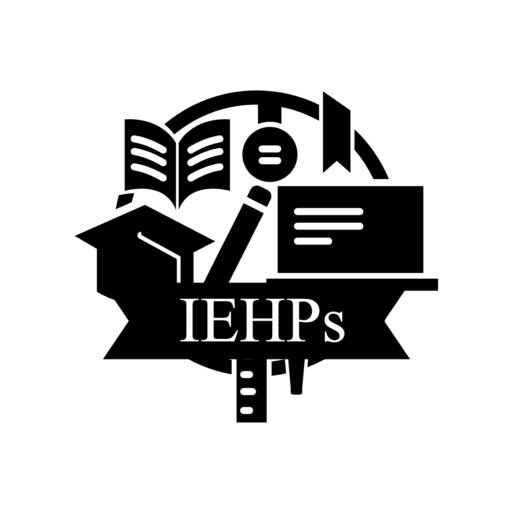Provincial Jurisprudence Exams for Pharmacists
Why Jurisprudence Exams Matter
After passing the PEBC exams, internationally educated pharmacists must pass additional provincial exams to ensure they understand and can comply with local laws, regulations, and standards of practice. These exams are known as jurisprudence exams and are mandatory in many provinces.
What Jurisprudence Exams COVER
- Provincial Laws and Regulations: Understanding specific laws governing pharmacy practice in the province.
- Ethical Standards: Knowledge of the ethical standards expected of pharmacists.
- Professional Conduct: Familiarity with the codes of conduct and professional responsibilities.
- Pharmacy Operations: Insight into the legal requirements for pharmacy operations, including dispensing, record-keeping, and patient confidentiality.
Provincial Exam Requirements
Ontario
The Ontario College of Pharmacists (OCP) Jurisprudence, Ethics, and Professionalism Exam assesses knowledge of federal and provincial legislation affecting pharmacy practice in Ontario, including ethical and professional responsibilities.
Exam Name: OCP Jurisprudence, Ethics, and Professionalism Exam
Content: Federal and provincial legislation, ethical and professional responsibilities
Preparation: OCP e-Learning modules and resources
Application: Apply through OCP website
British Columbia
The College of Pharmacists of British Columbia (CPBC) Jurisprudence Exam evaluates knowledge of federal and provincial legislation, regulations, bylaws, and College Professional Practice Policies related to pharmacy practice.
Exam Name: CPBC Jurisprudence Exam
Content: BC pharmacy legislation, regulations, bylaws, and practice policies
Preparation: CPBC Jurisprudence Exam Information Guide and study materials
Application: Register via CPBC website
Alberta
The Alberta College of Pharmacy (ACP) Jurisprudence Exam covers laws, regulations, and standards specific to Alberta. It focuses on Alberta’s pharmacy legislation, standards of practice, and ethical responsibilities.
Exam Name: ACP Ethics and Jurisprudence Exam
Content: Focuses on Alberta’s specific pharmacy legislation, standards of practice, and ethical responsibilities.
Preparation: ACP provides a jurisprudence learning module to assist with exam preparation.
Application: Application is done via the ACP website after meeting all the registration requirements.
Nova Scotia
The Nova Scotia College of Pharmacists (NSCP) Jurisprudence Examination evaluates knowledge of federal and provincial legislation, regulations, and standards relevant to pharmacy practice in Nova Scotia.
Exam Name: Nova Scotia College of Pharmacists (NSCP) Jurisprudence Exam
Content: Covers Nova Scotia pharmacy law, regulations, and professional standards.
Preparation: Study materials include the Pharmacy Act, regulations, and NSCP guidelines.
Application: Candidates must register through the NSCP website and fulfill all specified criteria.
Quebec
In Quebec, the Ordre des pharmaciens du Québec (OPQ) does not administer a separate jurisprudence examination. Instead, candidates undergo an educational equivalency assessment to ensure their qualifications meet provincial standards.
Exam Name: No separate jurisprudence exam
Content: Educational equivalency assessment
Preparation: May involve additional training or coursework as determined by OPQ
Application: Submit through the OPQ portal
Saskatchewan
The Saskatchewan College of Pharmacy Professionals (SCPP) Jurisprudence Exam evaluates knowledge of provincial and federal legislation, regulations, and standards governing pharmacy practice in Saskatchewan.
Exam Name: SCPP Jurisprudence Exam
Content: Saskatchewan pharmacy laws, regulations, and standards
Preparation: SCPP study materials and guidelines
Application: Register via the SCPP website
Manitoba
The College of Pharmacists of Manitoba (CPhM) Jurisprudence Examination is a mandatory step to licensure, covering legislation, standards of practice, and guidelines relevant to pharmacy practice in Manitoba.
Exam Name: CPhM Jurisprudence Examination
Content: Manitoba pharmacy laws, standards, and guidelines
Preparation: Pharmacy Jurisprudence Modules hosted by the University of Manitoba Continuing Professional Development (CPD) website
Application: Submit through the CPhM website
Newfoundland and Labrador
The Newfoundland and Labrador Pharmacy Board (NLPB) Registration Examination includes a jurisprudence component covering provincial pharmacy laws and ethical standards.
Exam Name: NLPB Registration Examination
Content: Newfoundland and Labrador pharmacy legislation and ethics
Preparation: NLPB study materials
Application: Register via the NLPB website
New Brunswick
The New Brunswick College of Pharmacists (NBCP) Jurisprudence Examination assesses an applicant’s knowledge of, and ability to interpret and apply, the legislation impacting current pharmacy practice in New Brunswick.
Exam Name: NBCP Jurisprudence Examination
Content: New Brunswick pharmacy laws, regulations, and standards
Preparation: NBCP study guide and resources
Application: Submit through the NBCP website
Prince Edward Island
As of July 2023, Prince Edward Island does not require a jurisprudence examination for licensure.
